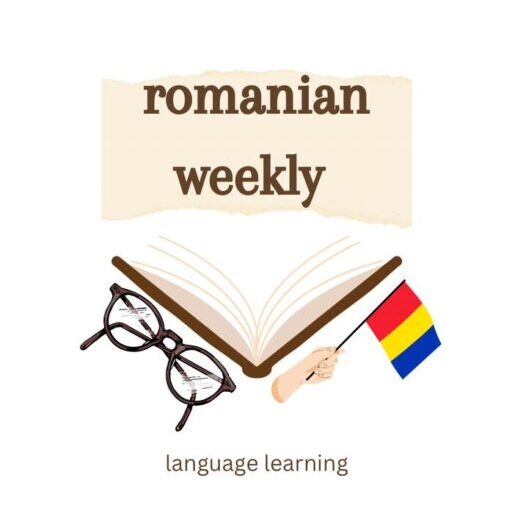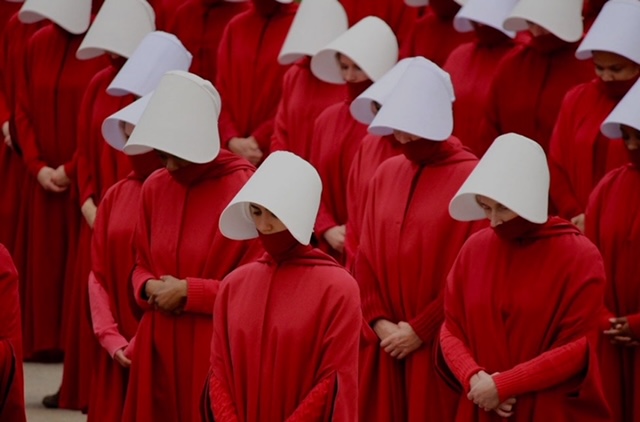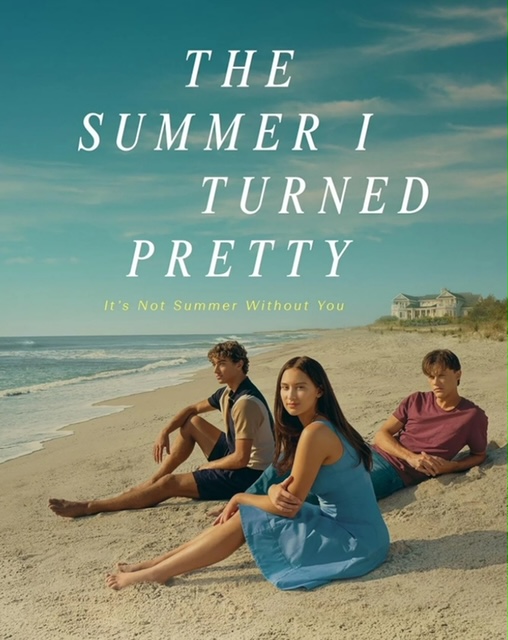
de Daniel Defoe
Când ajung la urma lăsată de picior văd că urma este mult mai mare decât piciorul meu. Este imposibil să fie de la piciorul meu.
Mi-e frică din nou. Încep să intru în panică. Vreau să-mi distrug câmpurile de porumb. Vreau să-mi distrug casa din vale. Trebuie să-mi ascund activitatea pe insulă.
Mi-e atât de frică că nu pot dormi toată noaptea. În sfârșit dorm puțin dimineața.
Capul meu este limpede când mă trezesc. Acum, nu este atât de ciudat că oamenii trăiesc pe insulele din jur. Mă gândesc: „Poate că aceasta este prima lor vizită aici. Poate că această insulă nu este interesantă pentru ei. Poate că este și ultima lor vizită aici.”
Mă simt mai bine după aceste gânduri. Dar vreau să fac ceva pentru protecția mea dacă oamenii vin din nou.
În luna următoare, îmi mai fac un gard în jurul casei. Fac găuri în gard. Prin aceste găuri, pot trage cu ușurință cu pistoalele dacă sunt atacat.
Acum, am o casă care este foarte bine protejată. Nimeni nu se poate apropia ușor de mine.
Îmi fac griji și pentru caprele mele. Împart caprele în două grupuri. Am construit un gard mai mic într-o altă parte a insulei. Am pus acolo un grup de capre. Îmi ia mult timp, dar animalele mele sunt în siguranță.
După șaisprezece ani petrecuți pe insulă, se întâmplă ceva foarte trist. Câinele meu moare. Plâng trei zile. Este cea mai proastă zi a mea pe insulă.
Din fericire, am caprele mele. Mă duc la ele și le spun cât de trist sunt. Ele nu înțeleg cuvintele mele, dar simt că mă înțeleg. Ele îmi simt emoțiile. Sunt neobișnuit de calme și liniștite.
Sunt acum doi ani de la urma de picior de pe plajă. Într-o zi, când mă plimb pe plajă, cred că văd o canoe departe în mare. Nu sunt sigur, așa că continui să merg.
Apoi văd un lucru care mă șochează. Plaja este plină de părți ale corpului uman. Capete, mâini, picioare, degete și dinți sunt peste tot. Există un loc negru ca după un foc.
Sunt supărat, dar și speriat. Nu pot să mă uit la această scenă îngrozitoare mult timp. Am o senzație îngrozitoare în stomac. Mă întorc acasă și mă gândesc ce să fac.
Acum, nu pot să ies în larg cu canoea mea. Nu am nicio șansă împotriva unui grup de canibali în larg. De asemenea, nu pot folosi arme pentru că sunetul unei arme este foarte puternic. Dar am mereu arme cu mine pentru protecție.
Cred că poate în viitor voi omorâ niște canibali. Și îi pot salva pe prizonieri.
Caut un loc lângă plajă unde să mă pot ascunde și să mă pregătesc pentru atac.
Atunci îmi schimb părerea. Cred că nu e bine să te lupți cu canibalii.
Nu-i cunosc pe acești oameni. Ei nu mă atacă. Poate că nu e bine să-i ataci.
În cele din urmă, opresc pregătirile pentru atac. Mă hotărăsc să-i atac doar dacă ei mă atacă mai întâi pe mine.
In English:
When I come to the mark of the foot, I see that the mark is much bigger than my foot. It’s impossible that it’s my foot.
I’m scared again. I start to panic. I want to destroy my corn fields. I want to destroy my valley house. I need to hide my activity on the island.
I’m so afraid that I can’t sleep the whole night. Finally I sleep a little in the morning.
My head is clear when I wake up. Now, it isn’t so strange that people live on the islands around. I think, “Maybe this is their first visit here. Maybe this island is not interesting for them. Maybe it’s also their last visit here.”
I feel better after these thoughts. But I want to do something for my protection if the people come again.
During the following month, I make another fence around my house. I make holes in the fence. Through these holes, I can easily shoot from guns if I’m attacked.
Now, I have a house which is very well protected. Nobody can come easily near me.
I also worry about my goats. I divide the goats in two groups. I built a smaller fence in another part of the island. I put one group of the goats there. It takes me a lot of time, but my animals are safe.
After sixteen years on the island, something very sad happens. My dog dies. I cry for three days. It’s my worst day on the island.
Fortunately, I have my goats. I go to them and I tell them how sad I am. They don’t understand my words but I feel that they understand me. They feel my emotions. They are unusually calm and quiet.
It’s now two years after the foot in the sand on the beach. One day, when I’m walking on the beach, I think that I see a canoe far in the sea. I’m not sure, so I continue to walk.
Then I see a thing which shocks me. The beach is full of parts of human bodies. Heads, hands, feet, fingers and teeth are everywhere. There is a black place after a fire.
I’m angry but also scared. I can’t look at this horrible scene for a long time. I have a horrible feeling in my stomach. I go back home and I think about what to do.
Now, I can’t go out to sea with my canoe. I have no chance against a group of cannibals in the open sea. I also can’t use guns because the sound of a gun is very loud. But I always have guns with me for protection.
I think that maybe in the future, I can kill some cannibals. And I can save their prisoners.
I look for a place near the beach where I can hide and prepare for the attack.
Then I change my opinion. I think that it’s not good to fight the cannibals.
I don’t know these people. They don’t attack me. Maybe it isn’t good to attack them.
Finally, I stop the preparations for the attack. I decide to attack them only if they attack me first.


